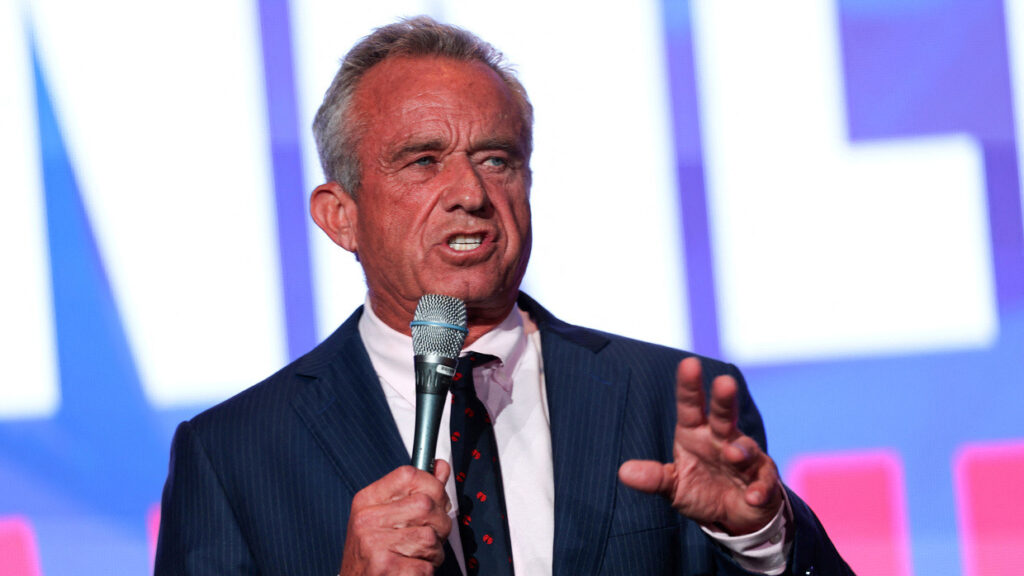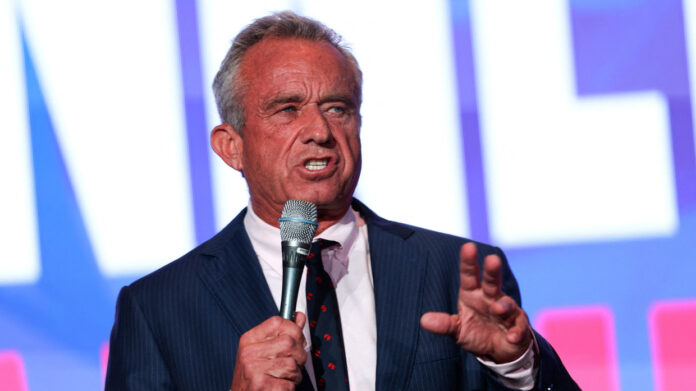
Independent presidential candidate Robert F. Kennedy Jr. has voiced strong support for WikiLeaks founder Julian Assange following news of Assange’s agreement to plead guilty to a single criminal count of conspiring to obtain and disclose classified U.S. national defense documents. Kennedy’s comments reflect broader concerns about the implications of Assange’s plea deal on freedom of the press and the treatment of whistleblowers.
Kennedy expressed relief over Assange’s release but also highlighted the troubling nature of the plea deal, calling it “bad news” and a “big blow to freedom of the press.” He took to social media, posting on X (formerly Twitter), stating, “I am overjoyed. He’s a generational hero.” Kennedy underscored the significance of Assange’s guilty plea, noting that it signals the criminalization of journalism and extends U.S. legal jurisdiction globally to non-citizens.
Assange’s legal battles and prolonged detention have been widely publicized, with Kennedy pointing out Assange’s health issues as a critical factor in his decision to accept the plea deal. Kennedy stated that Assange’s deteriorating health, particularly heart problems, made it imperative for him to avoid remaining in prison, stating, “Julian had to take this. He has heart problems and he would have died in prison.”
The 70-year-old presidential hopeful also emphasized the broader impact of Assange’s case on press freedom, asserting that the U.S. government’s pursuit of this plea deal sets a dangerous precedent. Kennedy argued that by targeting Assange and pushing for his guilty plea, the U.S. has effectively extended its legal reach to foreign journalists, effectively criminalizing actions that are common in investigative journalism.
In a subsequent tweet, Kennedy demanded freedom for other whistleblowers, including Edward Snowden and Ross Ulbricht. He called for Snowden’s release as a demonstration of commitment to government transparency and advocated for Ulbricht’s freedom to support transactional freedom.
Kennedy’s statements reflect ongoing debates about the rights of journalists, whistleblowers, and the boundaries of press freedom in an era of heightened government surveillance and control. The plea deal involving Assange has sparked renewed discussions about the treatment of individuals who expose classified information in the public interest and the potential repercussions for investigative journalism globally.
Kennedy’s advocacy for Assange and other whistleblowers underscores the complex legal and ethical issues surrounding freedom of speech, government transparency, and the role of the media in holding power to account.
Sources By Agencies



